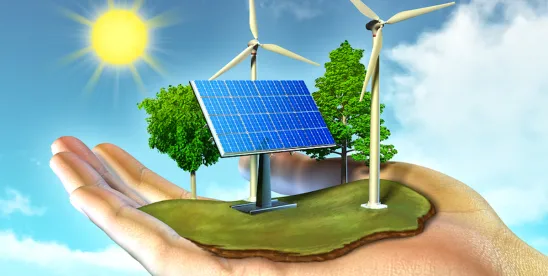On June 4, 2024, the Massachusetts Department of Public Utilities (“DPU”) released D.P.U. 20-145-D (“Phase II Order” or “Phase II”) to address matters relating to the SMART Program, administered by the Department of Energy Resources (“DOER”), and the 2021 Climate Act. For a general overview of Phase II’s scope, please click here for more information.
Low-income residents bear a greater burden of environmental impacts, while also have historically lacked access to renewable energy sources—including through participation in incentive programs like DOER’s SMART Program. In efforts to address the lack of low-income customer participation in SMART, the Phase II Order approved several mechanisms to address these barriers by providing direct benefits to low-income households. The Phase II Order approved SMART Solar Tariff Generation Units (“STGU”) the ability to allocate benefits to low-income customers through a city or town’s municipal aggregation plan, so long as any plan is consistent with the legislation governing load aggregation programs, M.G.L. c. 164, § 134(a). Several municipalities have already explored incorporating Low Income Community Shared Solar Programs (“LICSS”) programs into their municipal aggregation proposals; however, the Department referred approval of these LICSS programs to a sister docket D.P.U. 23-67
Shortly following the SMART Phase II Order, the DPU issued its Order in its Municipal Aggregation Guidelines proceeding, where the Department approved the guidelines submitted by various stakeholders and identified that a final determination regarding the Department’s role in approving municipal load aggregation LICSS programs will be forthcoming.





 />i
/>i

